Secrets from weight loss coaches
Losing weight and maintaining it doesn’t have to be a challenge. According to these weight loss coaches and experts, here are some secret tips to help you reach your goals.
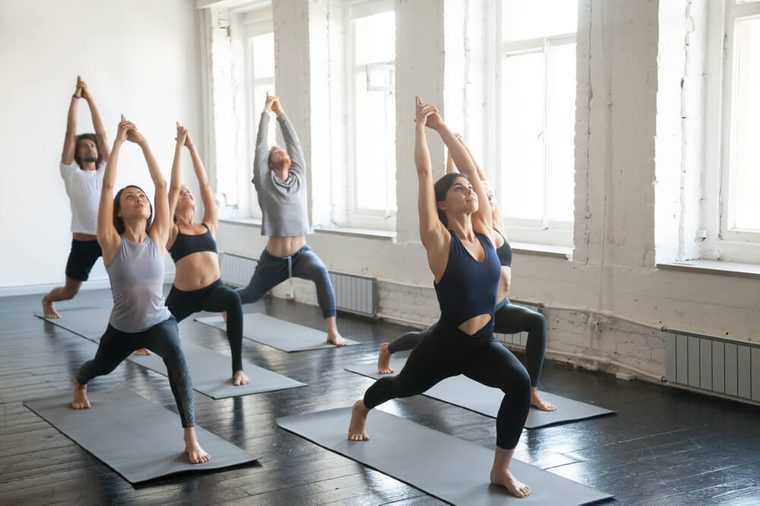
Don’t expect miracles
Instead of fantasizing about quick weight loss, you want to set realistic weight loss goals and then be prepared to stick with your diet plan for weeks, even months. “I tell clients that it takes four weeks to feel better, six weeks to see some differences, and really a full eight weeks to see a lot of changes and long-term results,” says Phyl London, a Level IV Master Trainer specializing in Pilates and Group Exercise instruction who created Bodiphy®, a program that brings you through Pilates, Barre, strength, and alignment training. That means you need to stay on track even when the scale isn’t budging—because it may start moving the following week!
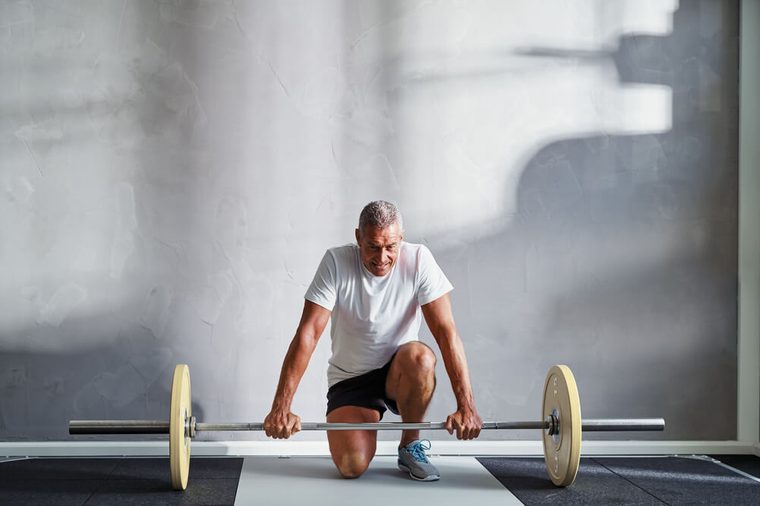
Any diet works, as long as you stick with it
Low-carb or low-fat? Don’t stress. Research published in JAMA in 2014 found that what diet you choose really doesn’t matter if you want to lose weight. What’s more important is that you actually follow it. Weight-loss differences between popular diets like Atkins, Weight Watchers, Jenny Craig, South Beach, and Nutrisystem—which were all among those included in the study—are minimal. And they have similar levels of effectiveness, researchers found.
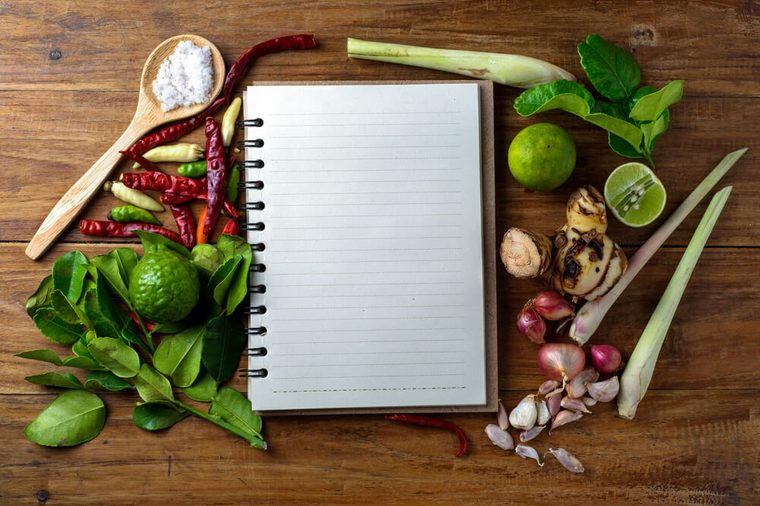
If you bite it, write it
Before you overhaul your eating habits, try one of our best weight-loss tips: Record everything you drink and eat. Take advantage of apps and websites or use pen and paper. “This is the single most important thing you can do when you’re watching your calories,” says Paige Waehner, a certified personal trainer and author of The About.com Guide to Getting in Shape. “I have so many clients who think they’re eating healthfully, but writing down every bite makes you aware of those extra calories you eat without even realizing it. Just an extra handful of nuts could cost you more than 100 calories.”

Tell everyone about your campaign
Don’t keep your weight-loss goals a secret. Improve your chances of weight-loss success by spreading the word to friends and family about your new diet. It will help motivate you and increase your accountability. “Almost no one succeeds without support from the people around them,” says Malia Frey, MA, CPT, CHC, a health coach and personal trainer. “Asking for help is the most important part of your weight-loss program.”
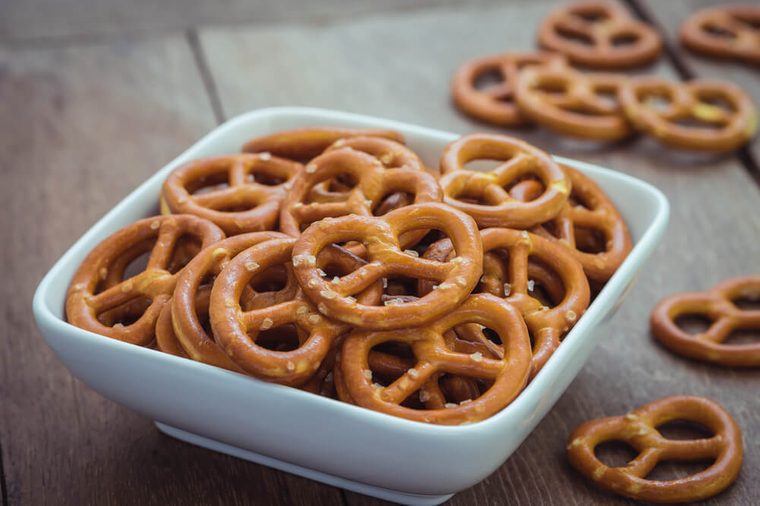
Know your areas of weakness
“Chocolate and ice cream can be in my house for days and I won’t overeat them,” says London. “But I can’t have tortilla chips, pretzels, or pita chips in the house. Those are the kinds of foods that I’d overeat if I came home tired from a long day at work.” Get rid of your triggers. Then, restock with healthy fare like vegetables, fruits, whole grains, lean meats, and low-fat dairy foods. And make those healthy foods easy to eat by displaying them in a beautiful bowl on the counter or pre-chopping them and storing them in clear containers in the fridge. (That’s just one of the ways you can lose weight without a lick of exercise.)
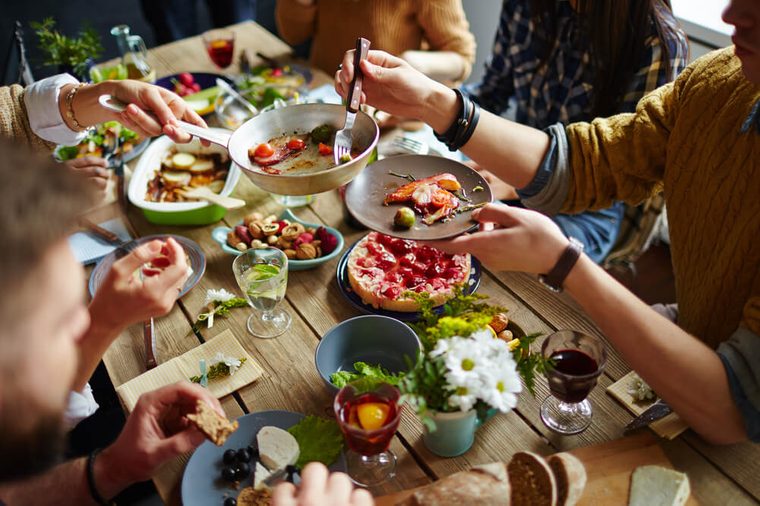
Don’t go all-out for every dinner
After a long hard day, most of us tuck into a large meal. However, some studies have found that this practice is linked to weight gain. When researchers had one group of people eat a bigger breakfast and smaller dinner, and another group eat the reverse, it was the big breakfast group that lost more weight, according to PLOS One. And people in the big dinner group actually ended up gaining weight.
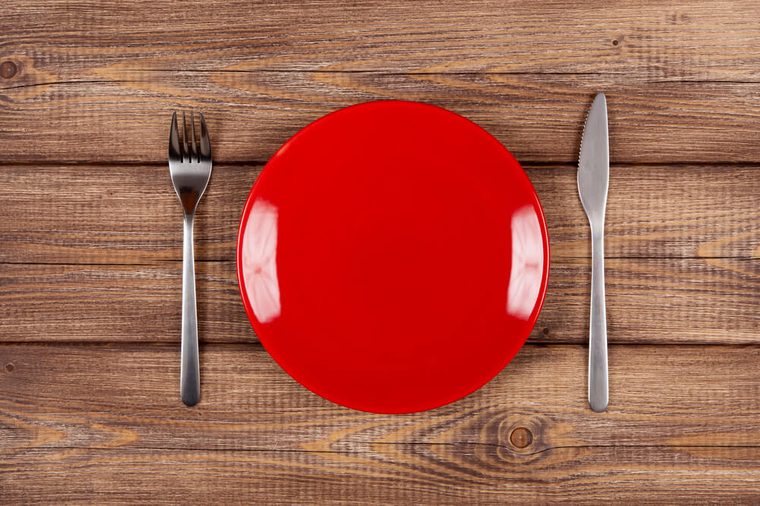
Eat on red plates
To avoid overeating, try a scare tactic, courtesy of your dishware. Research in Flavour found that the plates you serve your food on impact your perception of taste and flavor. Charles Spence, author of Gastrophysics The New Science of Eating, found that red plates trigger an avoidance or danger signal that leads us to eat less. (Here are more simple tricks to help you eat less every time.)
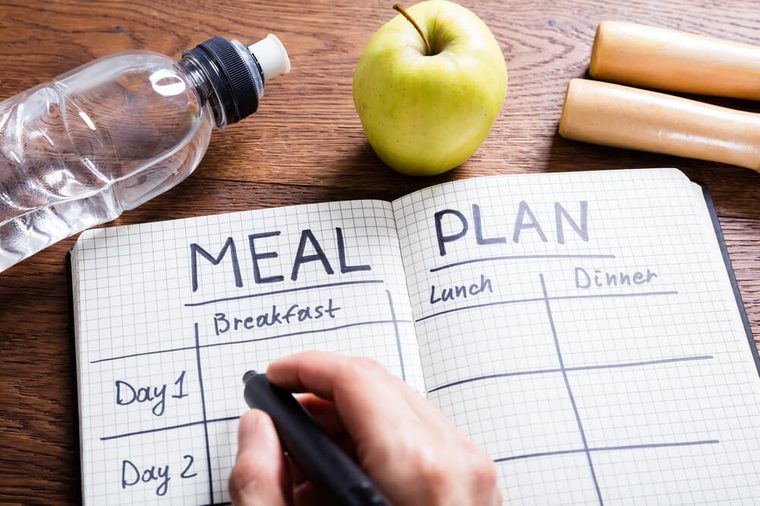
Don’t follow every trend
Sometimes what works best is what works best for you. “Don’t assume that breakfast is the most important meal of the day, that you should eat every three hours to curb hunger, or that you shouldn’t eat past 7 p.m.,” says Frey. “These diet guidelines don’t work for everyone.” Instead, she suggests that you create and follow a meal routine that accommodates you and your needs. “Getting proper nutrition is the goal. The schedule by which you meet those needs is up to you.”

Brush your teeth earlier
Have you ever brushed your teeth and then had a sip of orange juice? The beverage probably tasted sour and not too pleasing to the palate. That can work to your advantage when you’re trying to avoid post-dinner munching. Try brushing your teeth earlier in the evening instead of right before bedtime. “After you brush your teeth, it’s much less likely that you’ll find yourself snacking on empty calories later in the evening,” says Pete McCall, host of the All About Fitness podcast, personal trainer, strength coach, educator, and author.

Buddy up
The road to weight loss can be bumpy. Make the trip a bit smoother by finding someone you must be accountable to on your journey. “Support from others on a weight-loss journey helps tremendously,” says Deb Gehringer, a CrossFit coach at Guerilla Fitness in Paramus, New Jersey. “You can share ideas, recipes, celebrate together, and complain together too.” Just be sure to choose the right buddy for your journey. “We all have friends who are health saboteurs,” says Dara Godfrey, a registered dietitian who works in private practice in New York City. “Try to always avoid dining experiences with them. Or, make sure to stand up for yourself when ordering something healthy.”
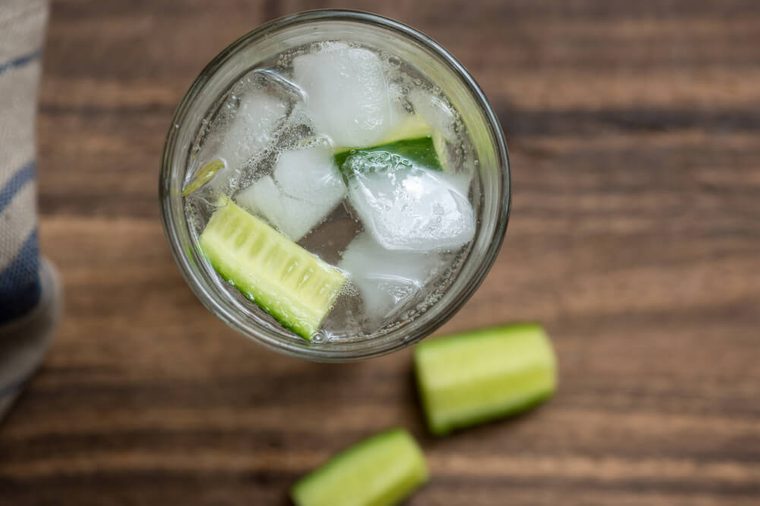
Fill up on water
Consider buying a reusable water bottle that’s at least 20 fluid ounces. “That way you know exactly how much water it holds and you can refill it as many times as your body requires,” says registered dietitian Alix Turoff, a certified personal trainer. And water doesn’t have to be boring. “Jazz it up by adding fresh lemon, cucumber, mint, or any other fruit or veggie. Not only does it make the water taste more interesting, but when you take the time to do something ‘special,’ you’re more likely to drink the water.”
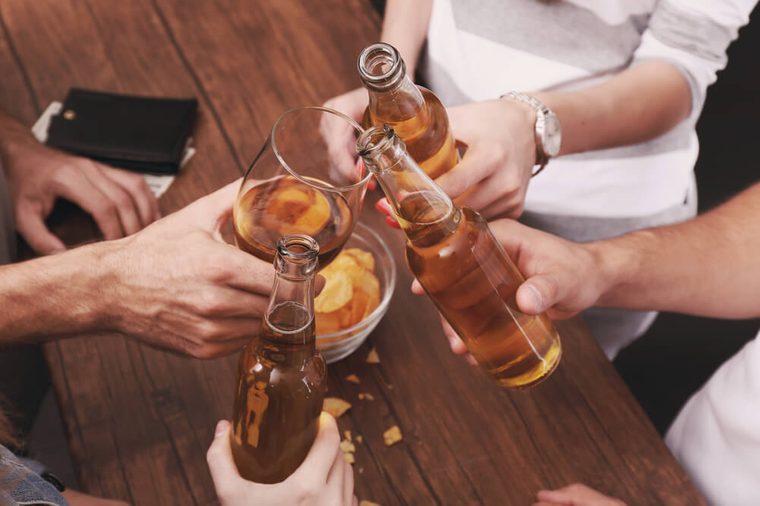
It’s OK to let loose sometimes if you prepare
“In a perfect world, you’d be able to plan each meal to ensure that you stay on track,” says Allison Tibbs, a San Francisco-based personal trainer and healthy lifestyle coach. “However, life happens.” She explains that if you know that you’re going out for apps and drinks tomorrow night, make sure that your breakfast, snacks, and lunches for that day and the day after are extra healthy. “This way, you won’t have to worry too much about your evening festivities,” she adds. “If you’re doing your best to eat on track most of the time, one night out won’t sabotage your hard work.”
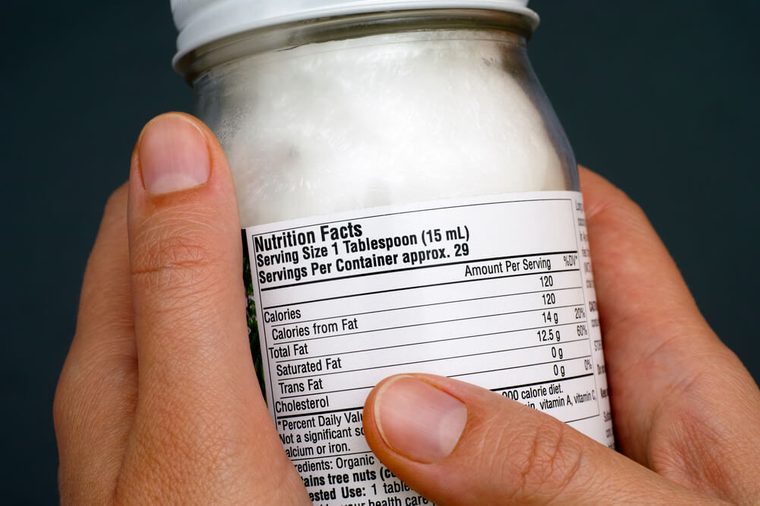
It pays to become a label pro
Registered dietitian nutritionist Kristin Kirkpatrick, manager of wellness nutrition services at Cleveland Clinic, says that when choosing foods to buy, first review a label’s ingredients and the numbers that are important to you—including fiber, protein, calories, sodium, sugar, and fat content. “Avoid looking at the front of the product,” says Kirkpatrick. “That area contains only smoke-and-mirrors marketing to cajole you into purchasing a product.” If you see words like low fat, natural, healthy, and diet on a product, be wary, she says. “Foods that actually fit all these descriptions, like an apple, don’t need to sell themselves.”
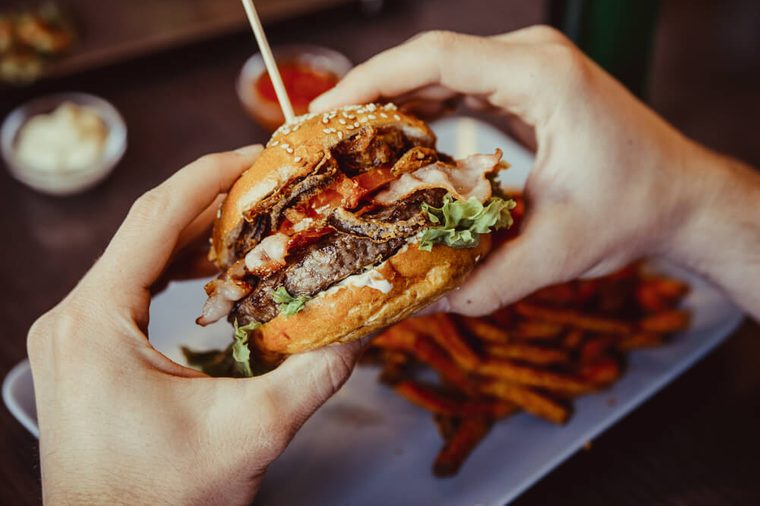
Cheat meals don’t have to wreck your diet
If you eat healthfully most of the time, an indulgence here or there doesn’t have to ruin your progress, says Nadia Murdock, fitness expert and coach. If you’re craving a burger, have one without the guilt. “Eat only half the bun and ditch the fatty condiments like mayo and ketchup, which pack on a lot of sugar,” she says. The same rule goes for cocktails, she says. Enjoy some of your favorites while staying on track. “If you love white wine, add seltzer for a white wine spritzer,” Murdock says. “You still can enjoy a glass—with half the calories.”
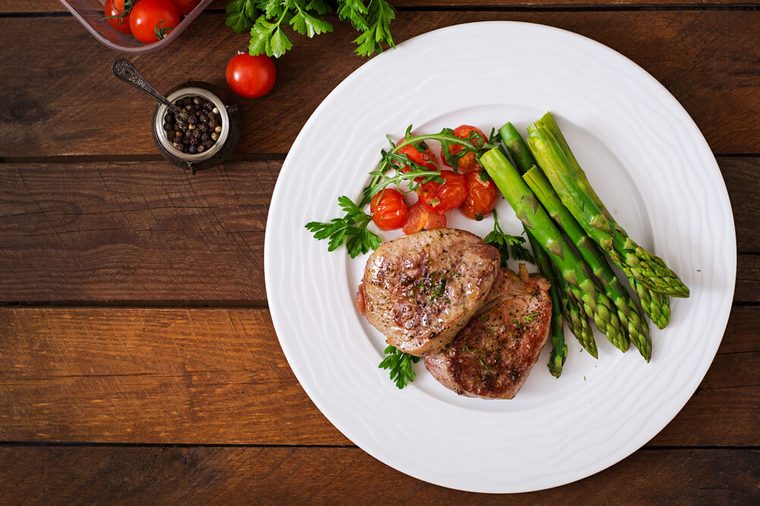
Train your eye
Learn how to eyeball proper portion sizes. First, educate yourself on the right portions for the foods you eat on a regular basis, suggests Waehner. You can use tools such as plates with markings for portions of proteins, fruits, and vegetables. “It’s a lot of work, but try it for a week,” she says. “You’ll be surprised by how much you eat and that you can usually satisfy your hunger with less food.”
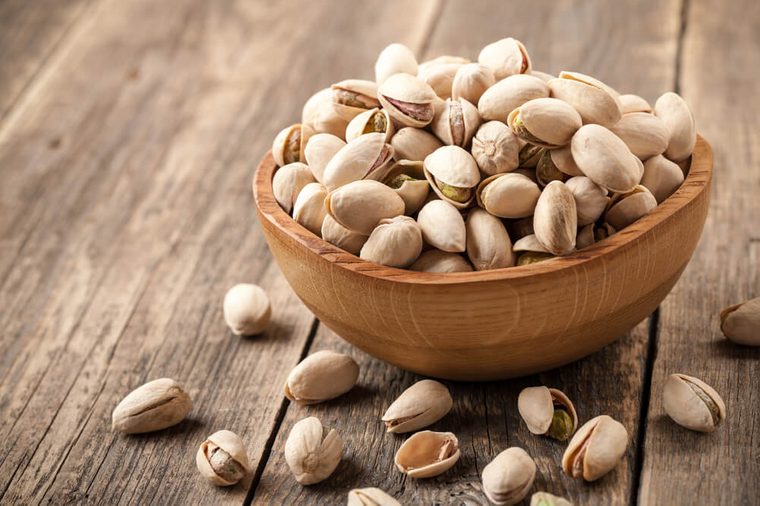
Snacking isn’t all bad
Snacking—when done correctly—can actually help you lose weight. You heard that right! “I like to snack on 100-calorie packs of pistachios,” says registered dietitian nutritionist Amy Gorin, owner of Amy Gorin Nutrition in the New York City area. “The shells provide a visual cue of the amount that you’ve eaten, which may help you stop noshing before you have extra servings.” Shelling the nuts also helps slow down your eating. In one preliminary study in Appetite, volunteers eating in-shell pistachios consumed 41 percent fewer calories than people snacking on the shelled version. Next, check out the weight loss tricks that don’t actually work—and what to do instead.